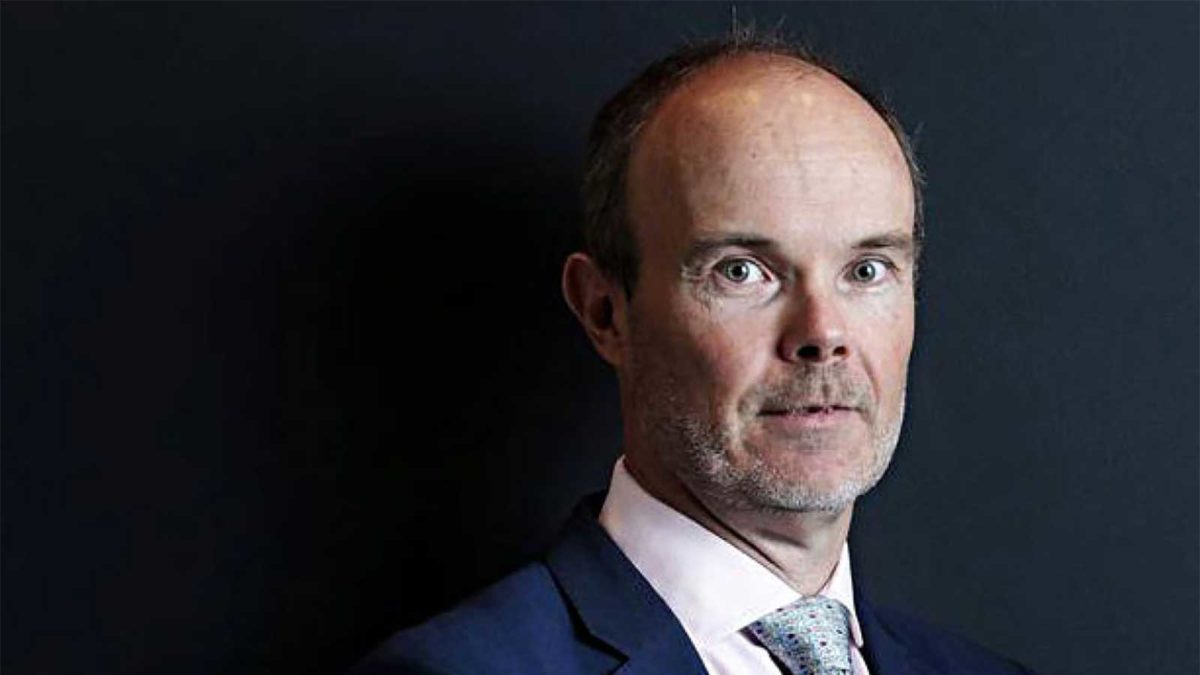Magellan hitches wagon to diversified future
Magellan will continue to spend big on ventures like upstart investment bank Barrenjoey and fintech Finclear as it diversifies away from its cornerstone global equities business.
With investors continuing to question the lacklustre performance of Magellan’s global equities strategy, which has been the focus of (occasionally unfair) media attention for going on a year now, Hamish Douglass, the company’s chairman and chief investment officer, was keen to use Magellan’s half year results to focus attention on the numerous side-projects that will one day shape the future of its profit streams.
“We have been over many years been planting many seeds to grow other parts of our business,” Douglass told investors on Tuesday (August 17). “We don’t want to be solely a global equities business.”
Those seeds include the recently announced FuturePay; the low-cost Core Series managed funds; Airlie, which Douglass believes is on its way to being one of the best Australian equities businesses in the country; and hefty investments in clearing and settling fintech Finclear, the Guzman Y Gomez restaurant business, and upstart investment bank Barrenjoey – an investment that would “already be meaningfully more valuable than (Magellan) has paid for it”.
That’s despite the massive start-up costs for that business, which accounted for the lion’s share of the $41 million investment loss that Magellan booked in relation to all three investments. Building an investment bank from the ground up ain’t cheap, and neither is staffing it with a veritable who’s who of former UBS operatives. Despite the fact that it won’t impact their dividends, not all shareholders will be pleased, and Douglass spent a significant chunk of Tuesday’s call on reassurances that – given the vast revenues investment banks can rake in on a single transaction – Barrenjoey would soon be an extraordinarily profitable venture.
“The equities business is developing incredibly well, and I think they’re going to have one of the leading equity businesses in a fairly short period of time and be very profitable,” Douglass said. “In their M&A business they’ve already done two of the largest IPOs (PEXA and Noble Oak) this year and done some of the largest M&A transactions, including the very innovative bid for Boral for Seven Group, which is a real tribute… We are very, very happy where it’s up to. If I take a three-year view, I’m very confident about its profitability.”
Magellan anticipates that it will book another loss on the investment in FY22, albeit “very substantially reduced” and with the outside possibility for a maiden profit were it to “pull off another big M&A transaction with a $21 million fee”. Barrenjoey’s cash equities business is up and running as of June 2021 and it recently commenced publishing company research, with the research coverage group expected to be covering more than 80 ASX-listed entities “by the end of the calendar year”.
“The business itself is tracking ahead of expectations,” said Brett Cairns, Magellan CEO. “There’s a gale force wind from market conditions, and it is tracking towards getting to break-even sooner than we anticipated… Markets can move and things can change, but we’re very pleased with the way that Barrenjoey has come together.”
Magellan invested around $300 million – or 3 per cent of its market capitalisation -into Finclear, Guzman Y Gomez, and Barrenjoey, with Douglass saying that the return hurdle for those investments was “materially higher” than the 10 per cent per annum applied to its other principal investments.
“They have the potential to be meaningful to Magellan over time, but many of them are growth businesses in their early days,” Douglass said. “Magellan in its early days lost money, but you invest in great businesses with great people early on and you can get incredible financial returns.”











